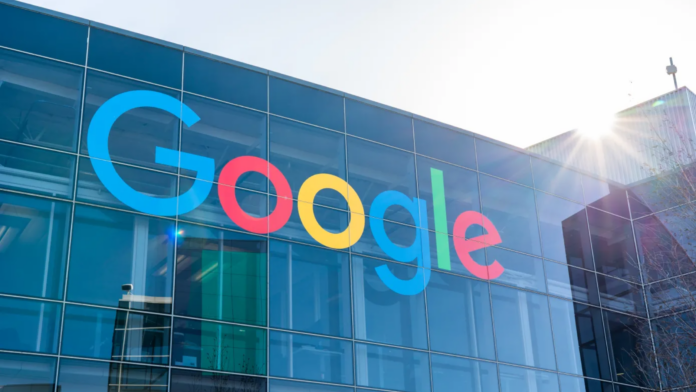In an era where digital security is more crucial than ever, Google is stepping up its game with significant enhancements to its Advanced Protection Program (APP), especially timed for the upcoming U.S. presidential election. This initiative is particularly focused on safeguarding individuals who are frequently the targets of sophisticated cyber threats—think campaign staff, political candidates, journalists, and human rights advocates.
Google’s APP, a security stronghold traditionally reliant on hardware security keys, is evolving. The tech giant is now integrating passkey support, offering users the choice to either solely use passkeys or continue pairing them with their existing passwords or hardware keys. This move marks a pivotal shift in how high-risk users can secure their accounts against nefarious activities.
Heather Adkins, Google’s VP of Security Engineering, highlighted the timeliness of this update. “In a critical election year, we’re dedicated to enhancing the security features available to our users who are most in need. Our ongoing collaborations with organizations like Defending Digital Campaigns and the International Foundation for Electoral Systems are vital in our efforts to fortify protections for global high-risk users,” Adkins stated.

The introduction of passkeys comes on the heels of their successful deployment across Google’s platforms in the past year. Google reports that passkeys have been employed in over 1 billion authentication events across more than 400 million Google Accounts since their launch in 2022. The adoption rate surpasses that of older two-step verification methods, including SMS and app-based one-time passwords.
Why the shift to passkeys? This method substantially diminishes the risk of remote account breaches, as obtaining access would require physical possession of the user’s phone. Additionally, passkeys eliminate the dependence on traditional username and password combinations, which are increasingly vulnerable to phishing schemes.
Google’s initiative doesn’t stop at passkeys. The expansion of its Cross-Account Protection program is another layer of defense. This program ensures that security alerts regarding suspicious activities are shared with third-party apps linked to your Google account. According to Google, this strategy is instrumental in thwarting cybercriminals from exploiting one account to compromise others. Currently, Google protects approximately 2.4 billion accounts connected to 3.4 million apps and websites, with plans to widen its industry collaboration.
The adoption of passkey technology isn’t exclusive to Google; major players like Apple, Amazon, PayPal, WhatsApp, GitHub, and TikTok have also embraced this advanced security feature. This collective movement signifies a significant trend towards enhancing digital security in a world where cyber threats are becoming increasingly sophisticated.
As we approach the U.S. presidential election, Google’s bolstered security measures through the APP are a testament to the tech industry’s commitment to maintaining the integrity of our digital landscapes. This strategic update not only aims to protect vulnerable individuals but also sets a new standard for digital security that could have far-reaching implications beyond the political sphere.











